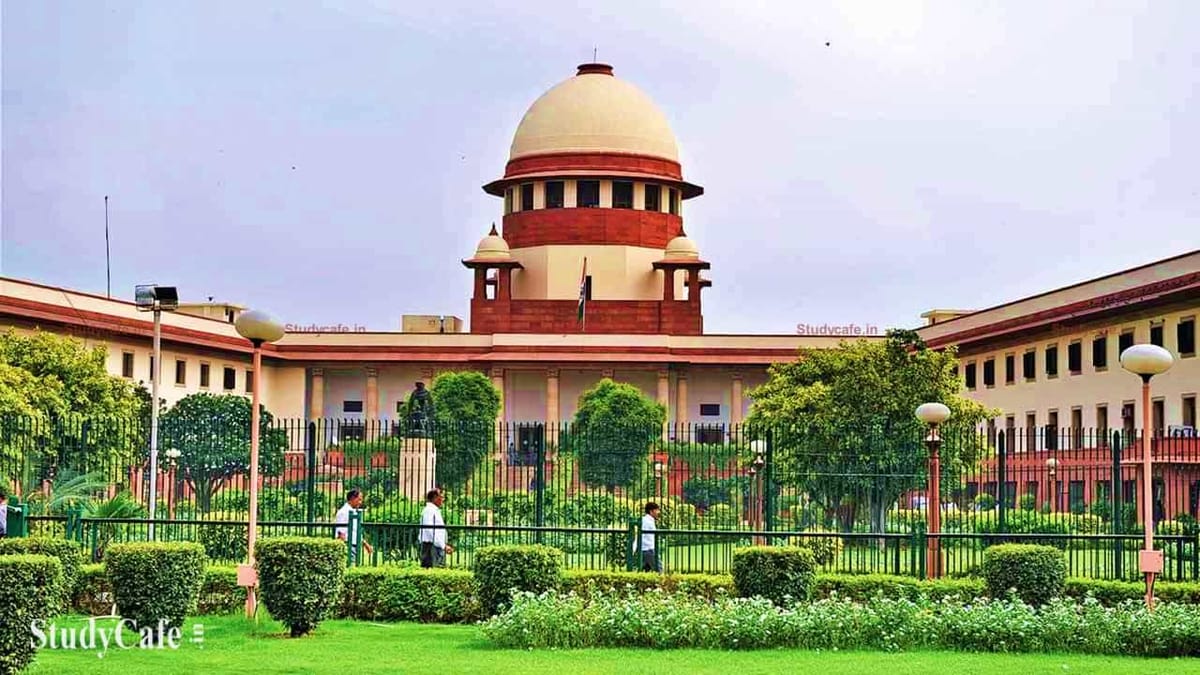Duration of Revising the Order Under Section 263 of the Income Tax Act is two financial years: SC
Shivani Bhati | Nov 9, 2021 |

Duration of Revising the Order Under Section 263 of the Income Tax Act is two financial years: SC
The Commissioner of income tax, Chennai Vs. Mohammed Meeran Shahul Hameed(Supreme Court of India); CIVIL APPEAL NO.6204 OF 2021; 07.10.2021
The revenue has appealed before the Supreme Court after the dissatisfying order dated 03.07.2019 passed by the High Court of Madras in Tax case Appeal No. 429 of 2019.
1. Whether the High Court and the learned ITAT are right in holding that the order passed by the learned Commissioner passed under Section 263 was barred by period of limitation provided under Section 263 (2) of the Act?
2. Whether the High Court is right in holding that the relevant date for the purpose of considering the period of limitation under Section 263(2) of the IT Act would be the date on which the order passed under Section 263 by the learned Commissioner is received by the assessee?
Sub section (2) of Section 263 of the Act provides that no order shall be ‘made’ under subsection (1) of Section 263 after the expiry of two years from the end of the concerned financial year.
Herein the present case, to pass the order under section 263 would be 31.03.2012 and the learned commissioner passed the order on 26.03.2012 and dispatched on 28.03.2012. Therefore, the order passed by learned commissioner was within the period of limitation.
The Supreme court Held that the order passed by the learned Commissioner under Section 263 of the Income Tax Act was within the period of limitation prescribed under sub section (2) of Section 263 of the Act.
To Read Judgment Download PDF Given Below :
In case of any Doubt regarding Membership you can mail us at [email protected]
Join Studycafe's WhatsApp Group or Telegram Channel for Latest Updates on Government Job, Sarkari Naukri, Private Jobs, Income Tax, GST, Companies Act, Judgements and CA, CS, ICWA, and MUCH MORE!"